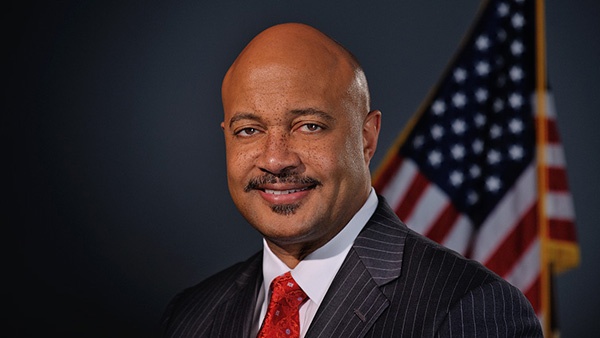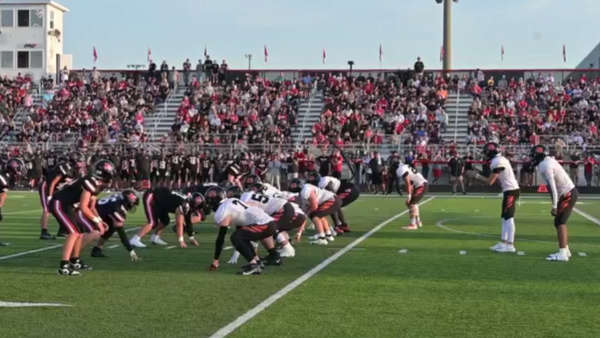SCOTUS is 'the only institution that can give an authoritative answer,' federal appeals judge says.

Attorney General Curtis Hill on Friday asked the U.S. Supreme Court to affirm the constitutionality of Indiana’s law requiring parental notice when minors obtain abortions.
The law at issue applies to minors who already have obtained an exemption from a juvenile court allowing them to proceed with an abortion without parental permission as typically required under Indiana law. The law requires parental notice except for when a juvenile court rules that notifying parents is not in the minor’s best interests, such as when the child lives with abusive family members.
A three-judge panel of the Seventh Circuit U.S. Court of Appeals has previously upheld a preliminary injunction against the enforcement of Indiana’s parental notice law. That court then declined Indiana's petition for a rehearing of the matter by the full court.
A rehearing would be pointless because only the U.S. Supreme Court at this stage can adequately clarify how its own precedents apply to abortion regulations such as Indiana’s law, one Seventh Circuit judge stated.
“It is better to send this dispute on its way to the only institution that can give an authoritative answer,” wrote Judge Frank Easterbrook.
The appellate court’s difficulty making sense of the tangled web of case law is telling, Attorney General Hill said.
“When even the most experienced and distinguished members of the federal judiciary throw up their hands in confused frustration,” Attorney General Hill said, “it is time for our nation’s highest court to issue guidance.”
A look back to America’s founding documents should bode well for Indiana’s law, he added.
“Nothing in the U.S. Constitution prohibits Indiana from requiring parental notification when an unemancipated minor is getting an abortion,” Attorney General Hill said. “Even to get a tattoo, a minor in Indiana needs parental permission. Quite simply, parents have rights and responsibilities in the care and upbringing of a child.”
Further, on a practical level, Indiana’s law helps protect the child’s own well-being, Attorney General Hill added.
“An abortion is a medical procedure that could have implications for a child’s future treatment,” he said. “It’s an event that could bear on a child’s emotional needs and mental health, and it’s an event that parents need to know about in order to provide nurturing care and guidance.”

 Ohio Woman Killed in Ripley County Crash
Ohio Woman Killed in Ripley County Crash
 Shorten Elected to BCEF Board
Shorten Elected to BCEF Board
 Water Main Break Prompts Traffic Shift on Dixie Highway in Fort Mitchell
Water Main Break Prompts Traffic Shift on Dixie Highway in Fort Mitchell
 Batesville HS Grad Selected as Brelage Scholarship Recipient
Batesville HS Grad Selected as Brelage Scholarship Recipient
 Retired Teachers Install New Officers, Celebrate Awards
Retired Teachers Install New Officers, Celebrate Awards
 Whiskey City Challenge, Pickin 'N Sippin Events Happen Saturday
Whiskey City Challenge, Pickin 'N Sippin Events Happen Saturday













